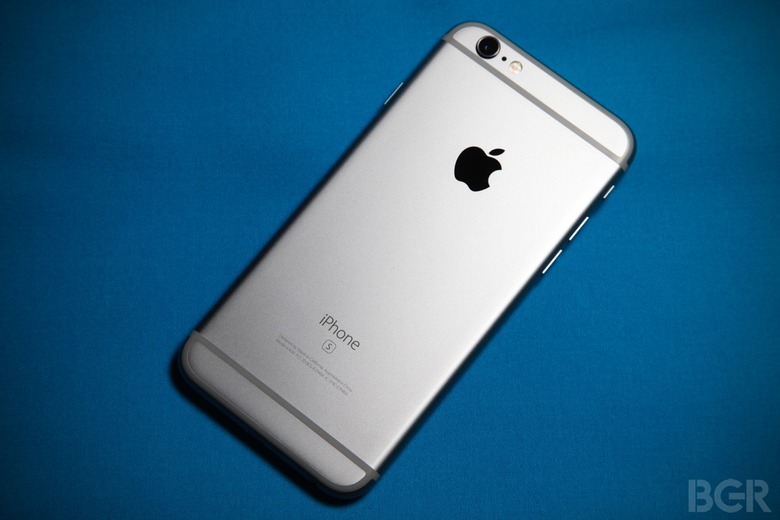New U.K. Law Might Force Apple To Decrypt The iPhone For Police Investigations
Apple's stance on security and privacy when it comes to customers' personal data used on its products is very well known. More than once, Apple has explained it doesn't mine data for personal gain, while both iOS and OS X encrypt data to prevent surveillance operations. The U.S. government is not a big fan on Apple's anti-spying features and it looks like the U.K. is also planning to take action against iPhone encryption.
DON'T MISS: Comcast's attempt to bash Google Fiber backfires hilariously
According to The Telegraph, a new law might prevent companies including Apple, Google and social networking apps from refusing to decrypt devices when asked by authorities.
In the U.S., Apple is already fighting in court against a similar request from the government, where access to an older iPhone model is wanted. Apple already explained the encryption technology of new models is so advanced that it can't break it. As for the older iPhone in question, Apple refused to unlock it so authorities can access data, even though the device is not encrypted.
Ministers in the U.K. are not against encryption, the report said. However, there's concern that end-to-end encryption could help criminals avoid surveillance in cases where only the sender and the receiver can see the contents of a message. The Telegraph says that terrorists and criminals are increasingly using end-to-end encrypted devices and servers to protect communication.
The Investigatory Powers Bill, due to be unveiled on Wednesday, will also require Internet companies to retain the web browsing history of their customers for up to a year.
"The Government is clear we need to find a way to work with industry as technology develops to ensure that, with clear oversight and a robust legal framework, the police and intelligence agencies can access the content of communications of terrorists and criminals in order to resolve police investigations and prevent criminal acts," a Home Office spokesman said.
"That means ensuring that companies themselves can access the content of communications on their networks when presented with a warrant, as many of them already do for their own business purposes, for example, to target advertising. These companies' reputations rest on their ability to protect their users' data."
"As Prime Minister I would just say to people 'please, let's not have a situation where we give terrorists, criminals, child abductors, safe spaces to communicate,'" David Cameron added. "It's not a safe space for them to communicate on a fixed line telephone or a mobile phone, we shouldn't allow the Internet to be a safe space for them to communicate and do bad things."
"I think it is absurd to suggest the police and the security services have a kind of casual desire to intrude on the privacy of the innocent," former terrorism laws watchdog Lord Carlile said. "They have enough difficulty finding the guilty. No one has produced any evidence of casual curiosity on part of the security services."
